|
Kenyans are still trying to come to terms with this week’s terror attack on an upmarket complex in the capital Nairobi. In taking stock, they have been reacting to how the media reported the tragedy, and how their security forces responded.
A great deal of anger has been directed at The New York Times which published images of victims of the attack. George Ogola explains why the images provoked such a strong response. Looking at events through a security lens, Stig Jarle Hansen writes that although Kenya has made considerable progress in managing the threat of terrorism, this week’s attack shows that al-Shabaab is able to take advantage
of persistent weaknesses in the country’s security apparatus.
Former Ivorian President Laurent Gbagbo is set to return home after the ICC acquitted him of charges of crimes against humanity allegedly committed after he lost the 2010 election. His return to his home country is expected to have an impact on next year’s elections, writes Peter Penar. This is because Gbagbo’s influence continued to shape politics in the country during his seven-year absence.
|
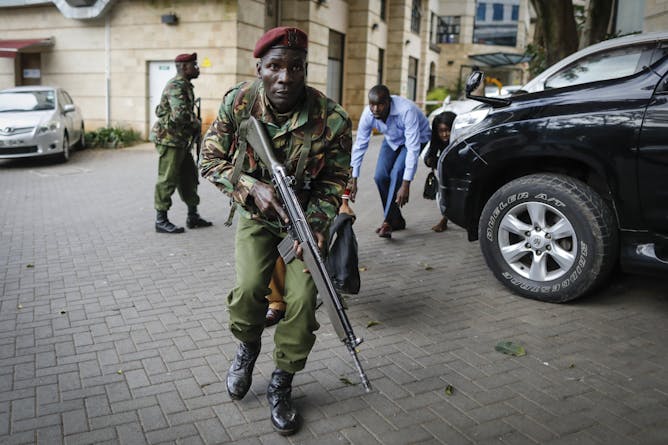
Evacuations during the Riverside terror attack in Nairobi, Kenya.
EPA-EFE/Dai Kurokawa
George Ogola, University of Central Lancashire
Foreign press took away the dignity from victims killed in the Nairobi terror attacks by publishing their pictures.
|
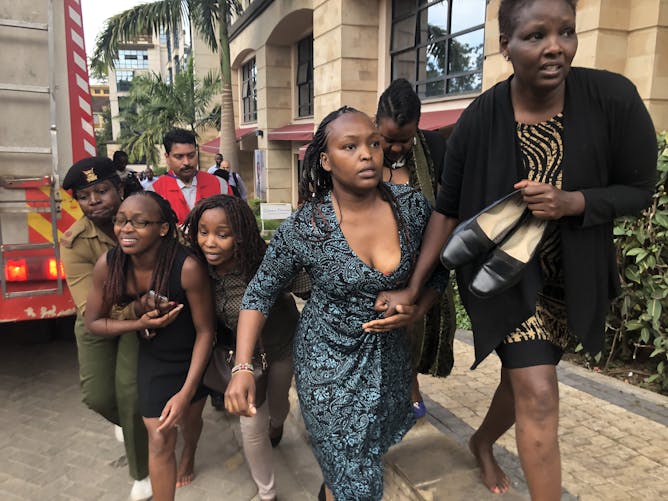
People had to run for cover during the exchange of fire between al-Shabaab and Kenyan security forces.
EPA/Dai Kurokawa
Stig Jarle Hansen, Norwegian University of Life Sciences
Kenya has done a great deal to prevent and manage terror attacks but there are still many problems that need to be addressed.
|
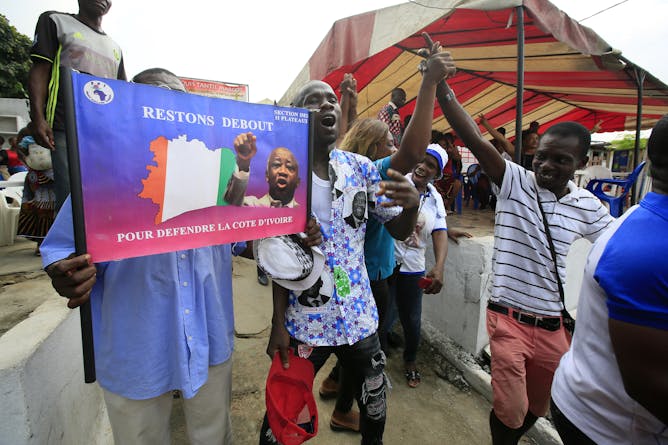
Supporters of former Ivorian President Laurent Gbagbo celebrate his likely return home.
EPA-EFE/Legnan Koula
Peter Penar, Michigan State University
Despite former Ivorian president Laurent Gbagbo's absence, he continued to influence opposition party loyalties in the country.
|
Environment + Energy
|
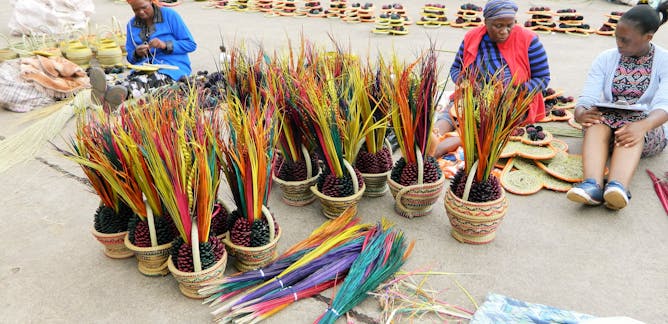
Deepa Pullanikkatil, University of Glasgow
Non-Timber Forest Products don't often feature in discussions about poverty reduction and alleviation.
| |
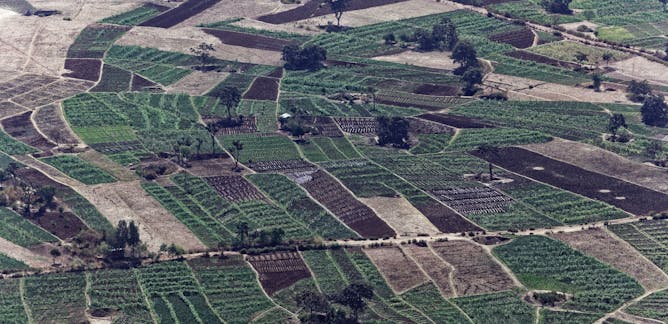
Gebisa Ejeta, Purdue University
Countries like Ethiopia have propelled economic growth by prioritising agriculture and new technologies to boost the sector.
|
|
|
From our international editions
|

Luis Gómez Romero, University of Wollongong
With its tales of bloody violence, corruption, international trade and entrepreneurial innovation, Guzmán's trial offers a telenovela-style explainer on Mexican cartels and their American clients.
| |
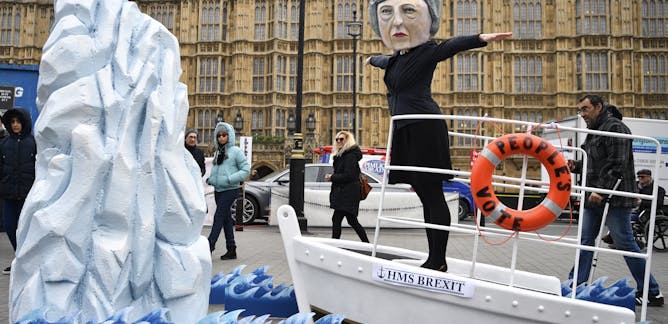
Victoria Honeyman, University of Leeds
The PM has pledged to hold cross-party talks after failing to get her deal through parliament. But time is running out.
|

Martin Cohen, University of Hertfordshire; Frédéric Leroy, Vrije Universiteit Brussel
Looking after animals and saving the planet sounds like a good idea. But getting there is not as simple as a some people seem to imagine.
| |

David Milledge, Newcastle University; Josh Bunce, Newcastle University
Kumbh Mela is the world's largest congregation of people – so large, it's visible from space. However, river pollution is a major issue here and new solutions are needed.
|
|
|